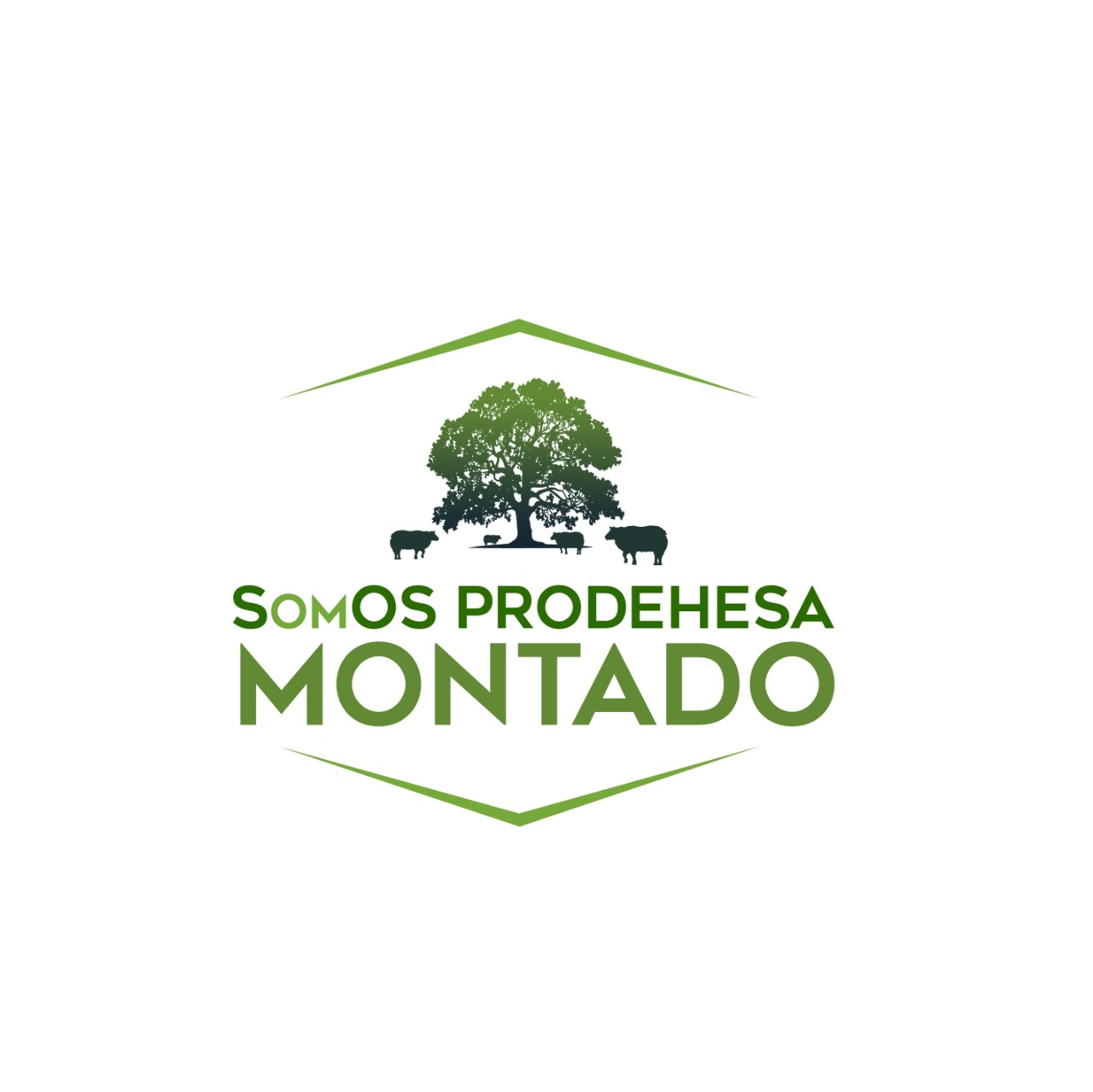
Projects


The project "Livestock products that restore natural capital, mitigate climate change, and promote rural development" (PASTURE+, July 2022-December 2025) is supported by the Biodiversity Foundation of the Ministry for Ecological Transition and Demographic Challenge (MITECO) and funded by the European Union – NextGenerationEU, as part of the Recovery, Transformation, and Resilience Plan (PRTR).
PASTURE+ aims to restore soils, biodiversity, and mitigate climate change through the implementation of sustainable livestock practices across the country. Key actions include the application of Holistic Management practices on 36 pilot farms and two experimental herds, assessing environmental, economic, and productive impacts. Additionally, a training program will be developed on grazing management, ecological monitoring, and product commercialization.
The project also promotes the differentiation of environmentally-friendly livestock products by adapting the PASTURE+ standard to validate ecological outcomes across different ecoregions, contributing to their market commercialization.
Entities involved include Fundación Cooprado (coordinator), ACTYVA S. Coop, CICYTEX, Fundación Valhondo, Fundación Global Nature, Bedarbide, APAEMA, and ALAND. The scientific committee consists of seven organizations with extensive experience in the project's areas of focus.
More information:
Facebook: https://www.facebook.com/PasturePlus

The InBestSoil (IBS) project, funded by the EU’s "Incentives and Business Models for Soil Health" initiative under the Horizon Europe program, is led by the University of Vigo and involves a consortium of 19 partners from 10 countries, with a duration of 48 months.
The main objective of IBS is to quantify the economic benefits of healthy soils and analyze the costs and benefits of interventions aimed at improving soil health. This will facilitate investments, generate new business models and incentives, and establish policies that contribute to the recovery of degraded soils.
One of the case studies takes place at the El Baldío farm (Cáceres), where the effects of rotational grazing on soil health are investigated. The studies cover different land uses in four European biogeographical regions.
With a multi-actor approach, the project collects data from key stakeholders to select indicators and design incentives and policies. IBS aims to scale up the business models created in the case studies and establish incentive systems and policies to improve soil health.
More information: InBestSoil

INTEGRAL SUSTAINABILITY MODELS AND RESILIENCE OF THE DEHESA-MONTADO IN THE FACE OF CLIMATE THREATS
Program: Interreg VA Spain-Portugal (POCTEP)
Duration: (01/09/2023-31/12/2026)
Introduction: The dehesa-montado, which occupies 30% of the land area in Extremadura and Alentejo, constitutes a crucial habitat and productive system. This environment not only generates employment in rural areas and contributes to population retention but also provides various ecosystem services and hosts rich biodiversity. Given its vast extent and intrinsic characteristics, it has considerable potential in risk prevention, increasingly affecting the cross-border territory, such as wildfires, floods, or desertification. Moreover, it plays a significant role in mitigating these risks due to its carbon capture capacity.
However, climate change poses a serious threat to the survival of this system. Regeneration is lacking, tree and animal diseases are increasing, and there is progressive degradation of soils and pastures. These challenges, in turn, contribute to a crisis in the productive activities and social fabric that sustain this unique ecosystem.
Main Objective:
The main objective of the project is:
– To implement and disseminate actions that contribute to the restoration, adaptation to climate change, and enhancement of the dehesa-montado, as a means for its preservation and economic and environmental resilience, as well as for creating territorial resilience.
SOS_PRODEHESAMONTADO proposes solutions to key factors for the resilience of the system:
The low success rate of tree regeneration and its diseases,
Soil and pasture degradation,
Regulatory difficulties that hinder adaptation,
Limited recognition and compensation for the environmental benefits provided,
Challenges in adaptive management related to property issues,
Low generational turnover and inadequate training,
Poor communication among key stakeholders.
News



